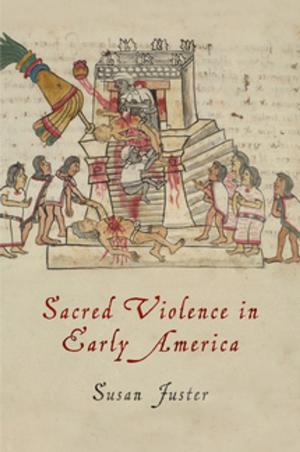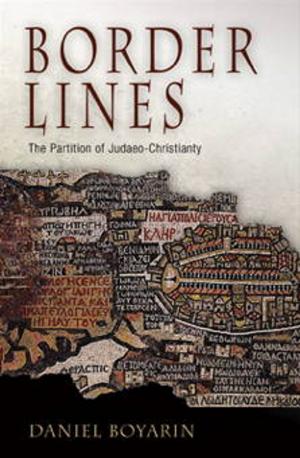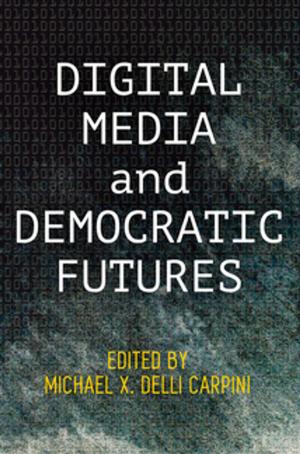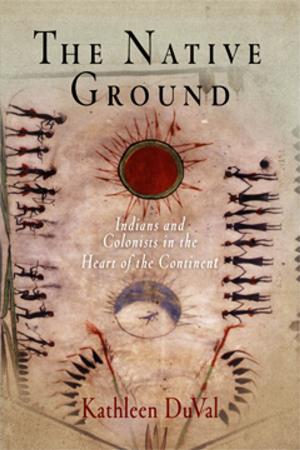Genocide
The Act as Idea
Nonfiction, Religion & Spirituality, Philosophy, Social & Cultural Studies, Political Science| Author: | Berel Lang | ISBN: | 9780812293647 |
| Publisher: | University of Pennsylvania Press, Inc. | Publication: | August 24, 2016 |
| Imprint: | University of Pennsylvania Press | Language: | English |
| Author: | Berel Lang |
| ISBN: | 9780812293647 |
| Publisher: | University of Pennsylvania Press, Inc. |
| Publication: | August 24, 2016 |
| Imprint: | University of Pennsylvania Press |
| Language: | English |
The term "genocide"—"group killing"—which first appeared in Raphael Lemkin's 1944 book, Axis Rule in Occupied Europe, had by 1948 established itself in international law through the United Nations Convention on the Prevention and Punishment of the Crime of Genocide. Since then the charge of genocide has been both widely applied but also contested. In Genocide: The Act as Idea, Berel Lang examines and illuminates the concept of genocide, at once articulating difficulties in its definition and proposing solutions to them. In his analysis, Lang explores the relation of genocide to group identity, individual and corporate moral responsibility, the concept of individual and group intentions, and the concept of evil more generally.
The idea of genocide, Lang argues, represents a notable advance in the history of political and ethical thought which proposed alternatives to it, like "crimes against humanity," fail to take into account.
The term "genocide"—"group killing"—which first appeared in Raphael Lemkin's 1944 book, Axis Rule in Occupied Europe, had by 1948 established itself in international law through the United Nations Convention on the Prevention and Punishment of the Crime of Genocide. Since then the charge of genocide has been both widely applied but also contested. In Genocide: The Act as Idea, Berel Lang examines and illuminates the concept of genocide, at once articulating difficulties in its definition and proposing solutions to them. In his analysis, Lang explores the relation of genocide to group identity, individual and corporate moral responsibility, the concept of individual and group intentions, and the concept of evil more generally.
The idea of genocide, Lang argues, represents a notable advance in the history of political and ethical thought which proposed alternatives to it, like "crimes against humanity," fail to take into account.















